1
China urges developed countries not to stop energy restructuring
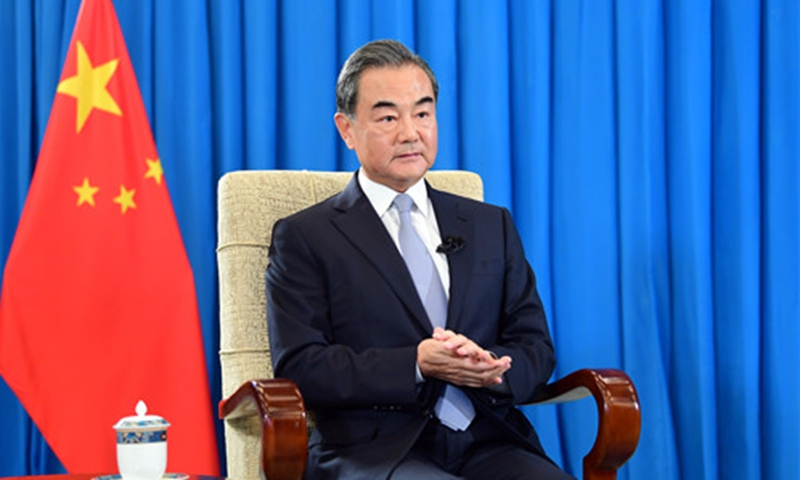
As world leaders, especially the heads of state of "drowning" island nations, sit together to face one of the most persistent and pressing issues - climate change - at the UN General Assembly, the US once again played up its political game with its latest ratification of a climate treaty, pointing fingers at China while ignoring its own duties both as the largest cumulative emitter of greenhouse gases and a major world power that is obliged to help developing countries achieve their emission reduction goals.
In contrast to the US' irresponsible moves, China has been making steady progress toward its carbon peak and carbon neutrality targets, Chinese diplomats said, while urging developed countries, including the US, to fulfill their commitments and achieve carbon neutrality.
During a private meeting of Heads of State and Government held on Wednesday at the UN Headquarters in New York, UN Secretary-General Antonio Guterres called for more action and leadership to tackle the climate crisis, warning that efforts to keep the rise in global temperatures to 1.5 degrees above pre-industrial levels is "on life support."
In his address to the meeting, Chinese State Councilor and Foreign Minister Wang Yi made a four-point proposal, stressing that countries should not abandon efforts in energy restructuring because of COVID-19 or the energy crisis, and should follow the principle of common but differentiated responsibilities, taking action to meet the temperature control targets set by the Paris Agreement with greater speed.
Wang called on all sides to give up their unilateral stance and geopolitical wrestling in tackling global challenges, adding that developed countries should achieve carbon neutrality in advance, making room for developing countries and rebuilding trust.
Developed countries should fulfill their commitments and provide financial, technological and capacity-building support to developing countries, Wang added. In recent weeks, the record heat waves along with an energy crisis partly caused by the US-instigated Russia-Ukraine crisis have forced some European countries to row back on their climate goals. Meanwhile, in the US, one of the world's biggest emitters, tackling climate change has descended into a partisan struggle.
The US Senate approved the ratification of a climate treaty amendment known as the Kigali amendment to the Montreal Protocol treaty of 1987, which would reduce the production and use of man-made hydrofluorocarbons, or HFCs, used in air conditioners and other appliances, which scientists say warm the planet when released into the air.
However, the measure passed with a last-minute requirement: a provision that compels US State Department officials to propose to the UN that it end China's status as a developing nation, "a status that gives the country, a major HFC producer, more time to comply with phasing down usage," the Wall Street Journal reported.
Wang Yuanfeng, director of the Carbon Neutrality Technology and Strategy Research Center at Beijing Jiaotong University, told the Global Times that China adheres to the principle of common but differentiated responsibilities in addressing climate change, while urging the US to face up to the fact that it is the largest cumulative emitter of greenhouse gases and should take up its responsibilities more actively.
"Being the largest cumulative emitter of greenhouse gases, the US has accounted for about 25 percent of cumulative global CO2 emissions so far, with China accounting for only 13 percent," the expert noted.
Meanwhile, the US has done poorly in tackling climate change in recent years, withdrawing from the Kyoto Protocol and the Paris Agreement and failing to deliver its funding promise in climate aid at the 2009 Copenhagen conference.
Also on Wednesday, China's climate envoy Xie Zhenhua held a video conference with his German counterpart Jennifer Morgan. Xie said global climate governance faces multiple challenges and uncertainties, and some European countries have been moving backward in their climate policies.
Xie hoped that all countries will take positive measures to implement mid- and long-term climate change targets. Developed countries are expected to fulfill their commitment of providing at least $100 billion a year to developing countries to enhance mutual trust in fighting climate change.
Media source: Global Times
2
Chinese mobile phone industry to gain new market share as India moves to launch 5G service
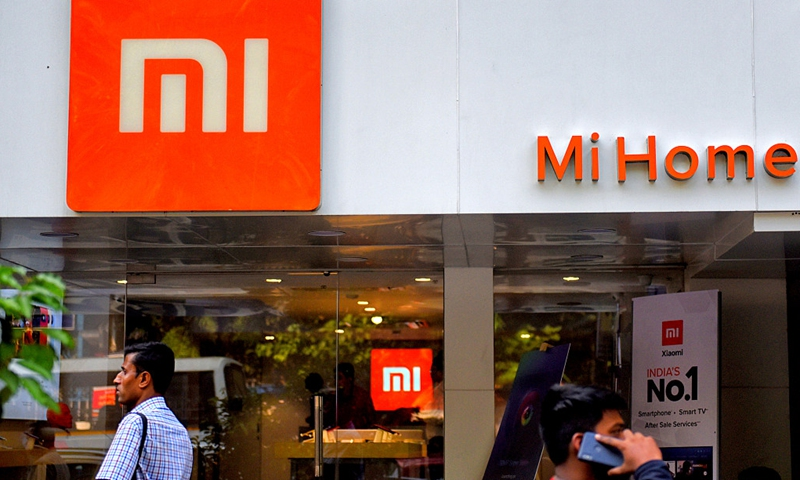
Chinese smartphone brands, major players in the Indian market, is expected to solidify its foothold there thanks to booming sales as the South Asian nation enters the 5G era, industry experts said, despite lingering challenges such as the Indian government's heightened scrutiny of Chinese tech firms.
With the official announcement of 5G launch which is scheduled on October 1 by New Delhi, analysts said there would be a new wave of sales in Indian market. That's especially true for Chinese smartphone makers, which have about two-thirds of the Indian market now.
Indian Prime Minister Narendra Modi will roll out 5G services on October 1 at an official launch event, Indian media reported. The country is scrambling to catch up with the pace of telecom development in Asia where major economies like China, Japan and South Korea have already rolled out 5G applications broadly.
Indian telecom officials previously said that high-speed 5G service will be launched in more than a dozen large Indian cities including New Delhi and Mumbai.
India's 5G network upgrade will mean a range of opportunities for Chinese mobile phone firms, which have two-thirds of the market, leading to an expected sale of 20 million 5G phones before the year end. That is equivalent to an additional month of sales for the Chinese phone makers, Yang Shucheng, secretary general of the India China Mobile Phone Enterprise Association, told the Global Times on Sunday.
Currently, Chinese phone companies are ramping up efforts to meet the growing Indian market demand with a range of new devices.
For example, China's Transsion, a fairly new player in the Indian market, launched its new Tecno Pova Neo 5G on Friday, with a price of 1,576 yuan ($221).
It is reported that the phone uses a 6,000mAh large-capacity battery, which would make it the smartphone with the strongest battery life currently being sold by Transsion in India.
The launch came just two months after Xiaomi launched its RedmiK50i 5G in mid-July, and other corresponding products such as Xiaomi's 12T Pro 5G are to follow soon.
Chinese smartphones have shown resilience in the market, despite Indian authorities' heightened scrutiny of Chinese technology companies by Indian regulators, which have caused disruptions and concern among Chinese businesses. But Chinese smartphone brands' popularity among ordinary Indian consumers provides a firm foundation.
Shipments of smartphones in India reached 36.4 million in the second quarter, with Chinese brands accounting for about 70 percent, data released by Canalys showed. China's Xiaomi, Realme, Vivo and Oppo ranked among the top five.
"This shows that Indian consumers puts importance on phone quality, while not political factors," Qian Feng, director of the research department at the National Strategy Institute at Tsinghua University, told the Global Times on Sunday.
Despite regulatory interventions, which led to the failure of Chinese companies to take part in India's 5G network construction, Chinese mobile companies are participating in a different way. They have played their part with their contribution to India's 4G network, Qian said.
"Many Chinese mobile phones are already equipped with 5G functions, and with the launch of 5G service in India, they will be favored by Indian consumers," Qian said.
Media Source: Global Times
3
China exempts purchase tax on new energy vehicles until 2023
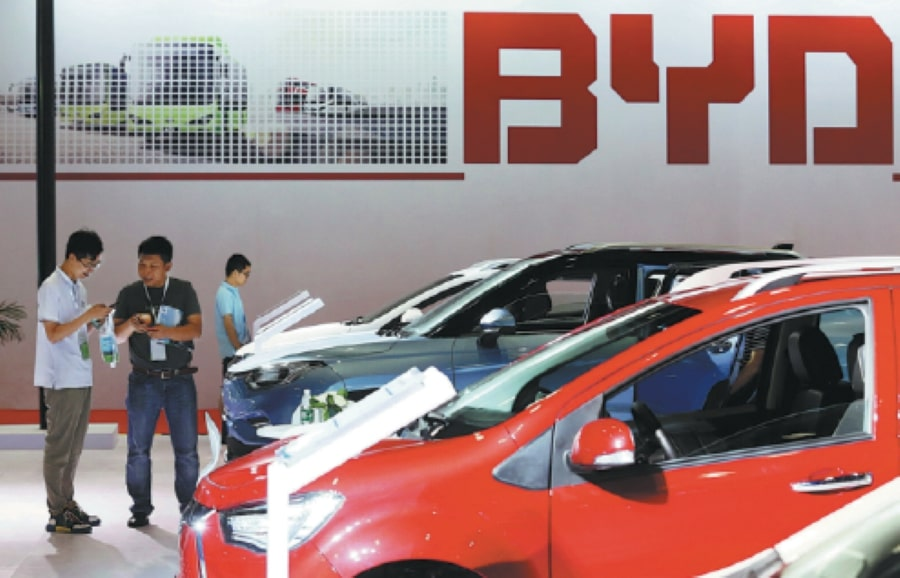
China will extend the exemption of purchase tax on new energy vehicles, which is scheduled to expire by the end of the year, to the end of 2023, according to a notice issued by the Ministry of Finance, the State Taxation Administration and the Ministry of Industry and Information Technology.
The NEVs include pure electric vehicles, plug-in hybrid electric vehicles and fuel-cell vehicles. The move is expected to bolster the development of NEV industry and spur the consumption of automobiles, said the notice.
The retail sales of NEVs in China surged 111.2 percent year-on-year to 529,000 units in August, according to the China Passenger Car Association.
In the first eight months of this year, the retail sales of NEVs in China came up to 3.262 million units, skyrocketing by 119.7 percent year-on-year, said the association.
Media Source: China Daily
4
China to raise reserve requirement for forward forex trading to 20%
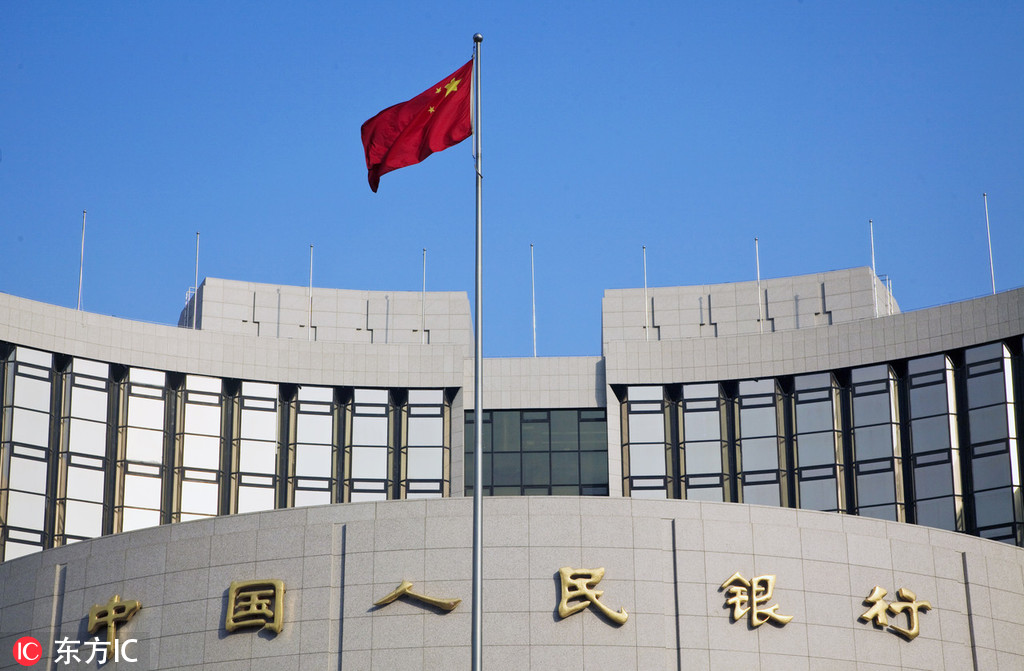
BEIJING - China's central bank announced on Monday that it will elevate the foreign exchange risk reserve ratio for forward forex trading from zero to 20 percent, starting Wednesday.
The People's Bank of China (PBOC) slashed the rate from 20 percent to zero in October 2020.
Monday's move aims at stabilizing forex market expectations and strengthening prudent management at the macro level, according to a statement from the PBOC.
The increase will help maintain the supply-demand balance in the country's forex market, said Wen Bin, chief economist at China Minsheng Bank. Affected by the US Federal Reserve's rate hikes, the currencies of many economies have weakened against the US dollar, he said.
The central parity rate of the Chinese currency renminbi, or the yuan, weakened 378 pips to 7.0298 against the US dollar Monday, according to the China Foreign Exchange Trade System.
There is no ground for the yuan to weaken for long, Wen said.
China's sound economic fundamentals, tamed inflation, as well as stability of international settlements will help render the yuan exchange rates and the forex market stable, according to Wen.
Media Source: China Daily
5
Shanghai Disney celebrates James Cameron's Avatar
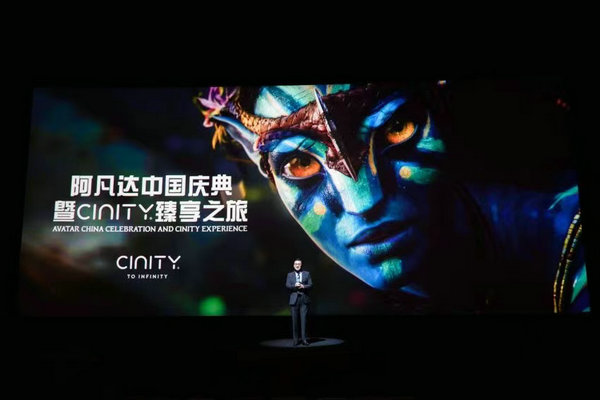
Disney China held a grand celebration for James Cameron's 2009 blockbuster film Avatar on September 22, when the 4K CINITY version of the top-grossing movie of all time was screened at The Walt Disney Grand Theater in Shanghai Disney Resort.
Cameron and leading actors of the film, Sam Worthington, Zoe Saldana and Sigourney Weaver shared in a video-recorded interview for Chinese audiences their memories about the making of the film, as well as their expectation for the upcoming Avatar 2: The Way of Water.
Also opening on the same day was the immersive exhibition Avatar: Explore Pandora, which will go on in a 1,400 square-meter exhibition hall in Shanghai Disneyland Park till March next year.
Media Source: China Daily